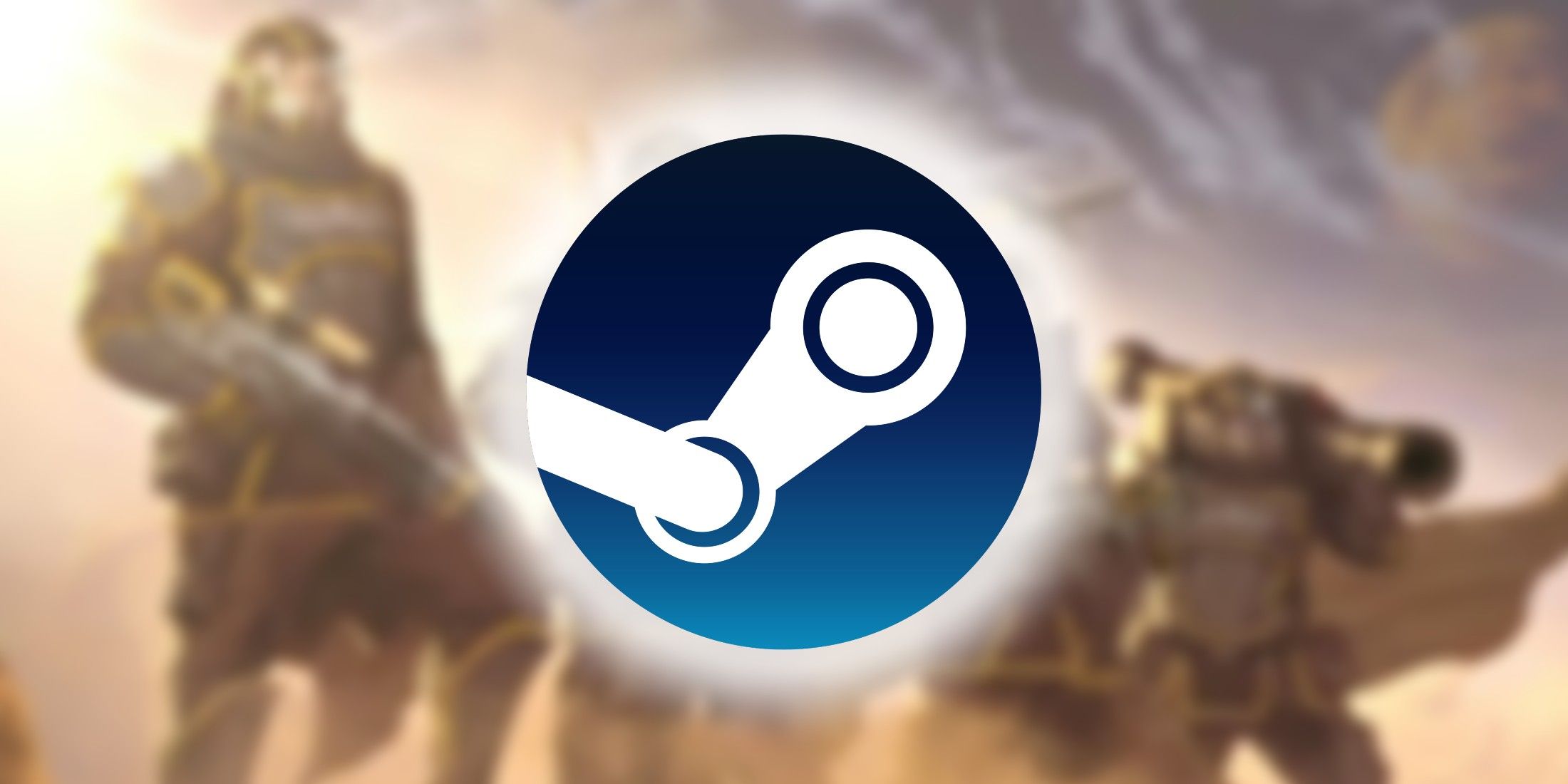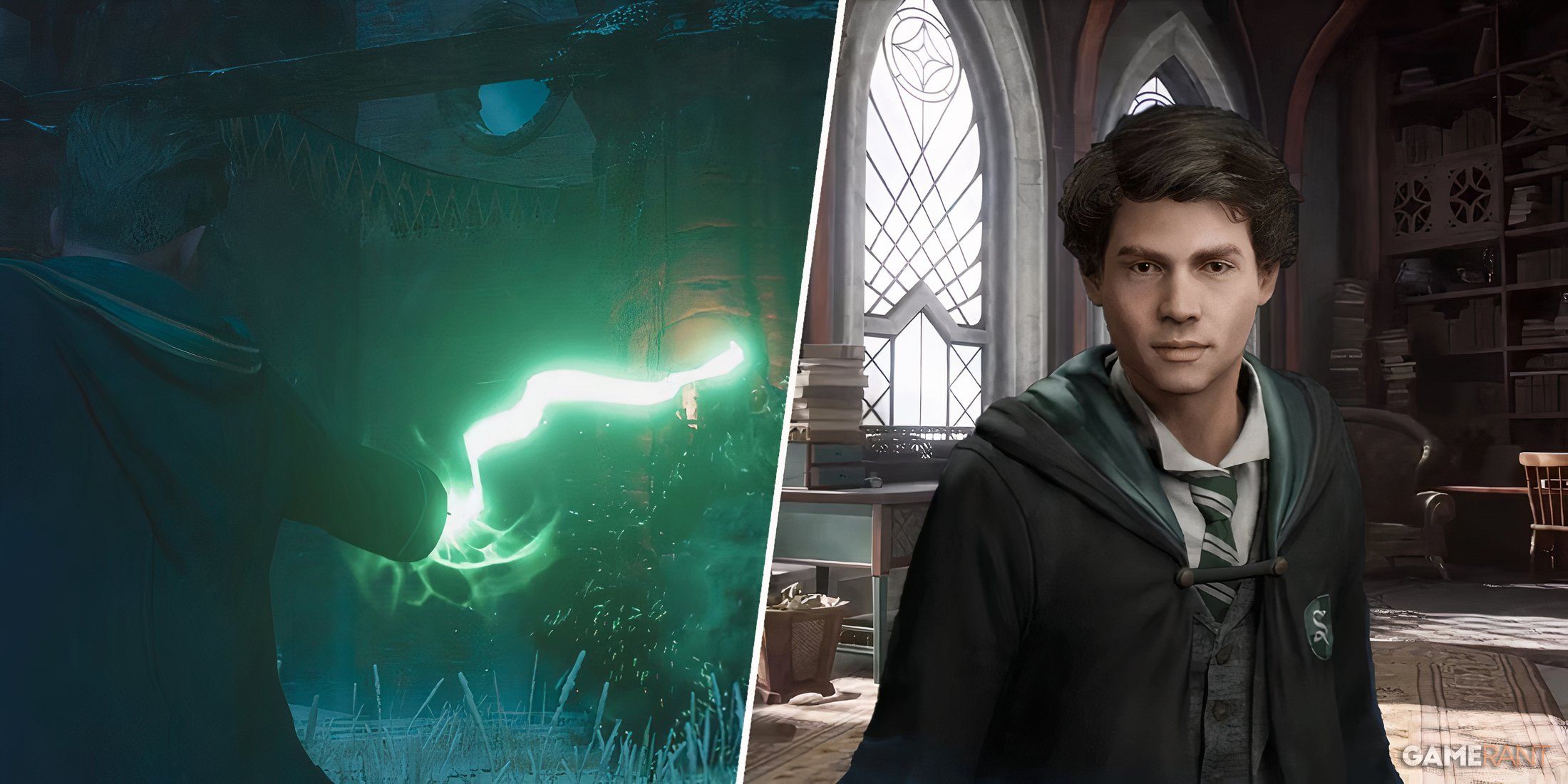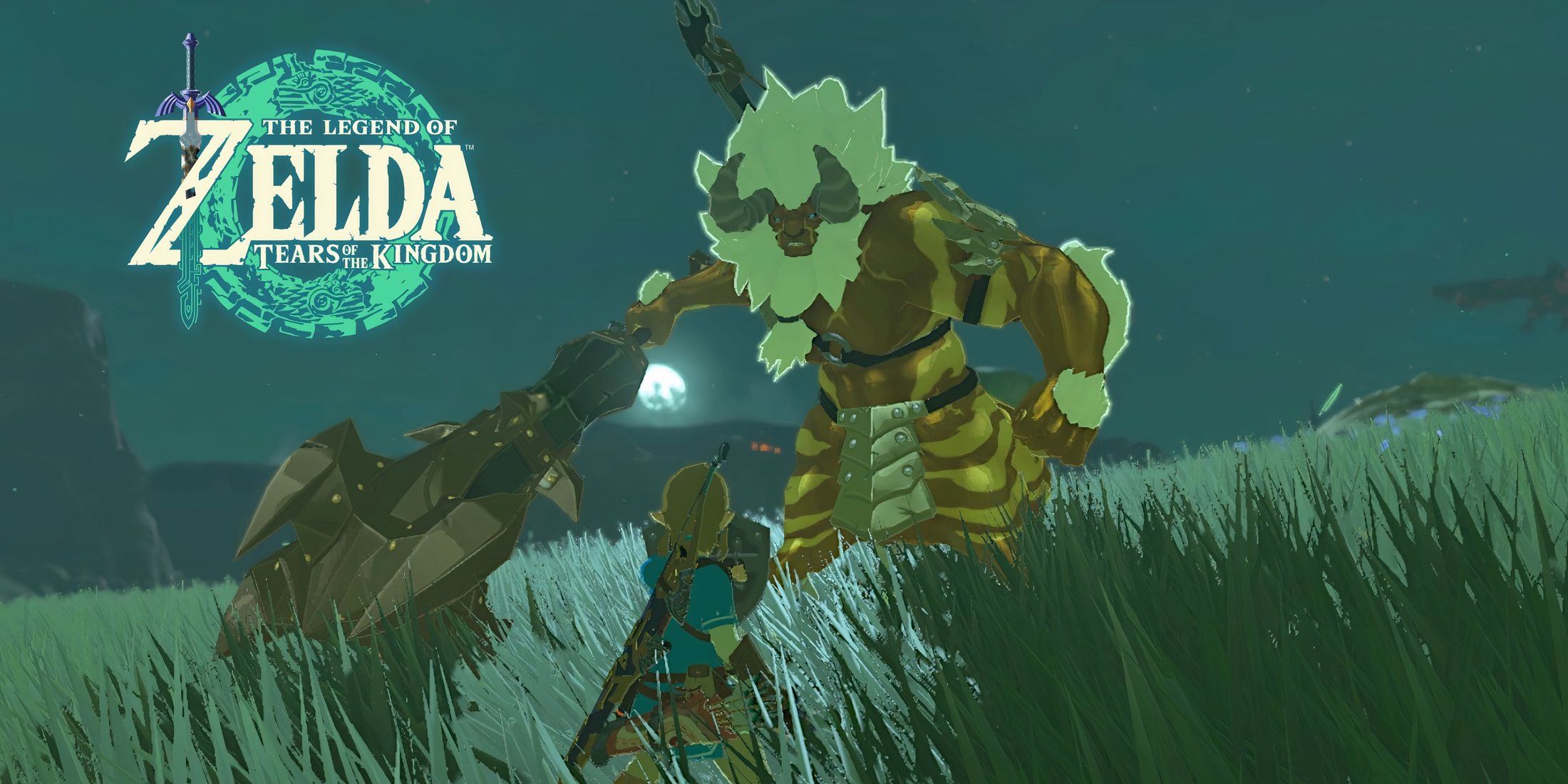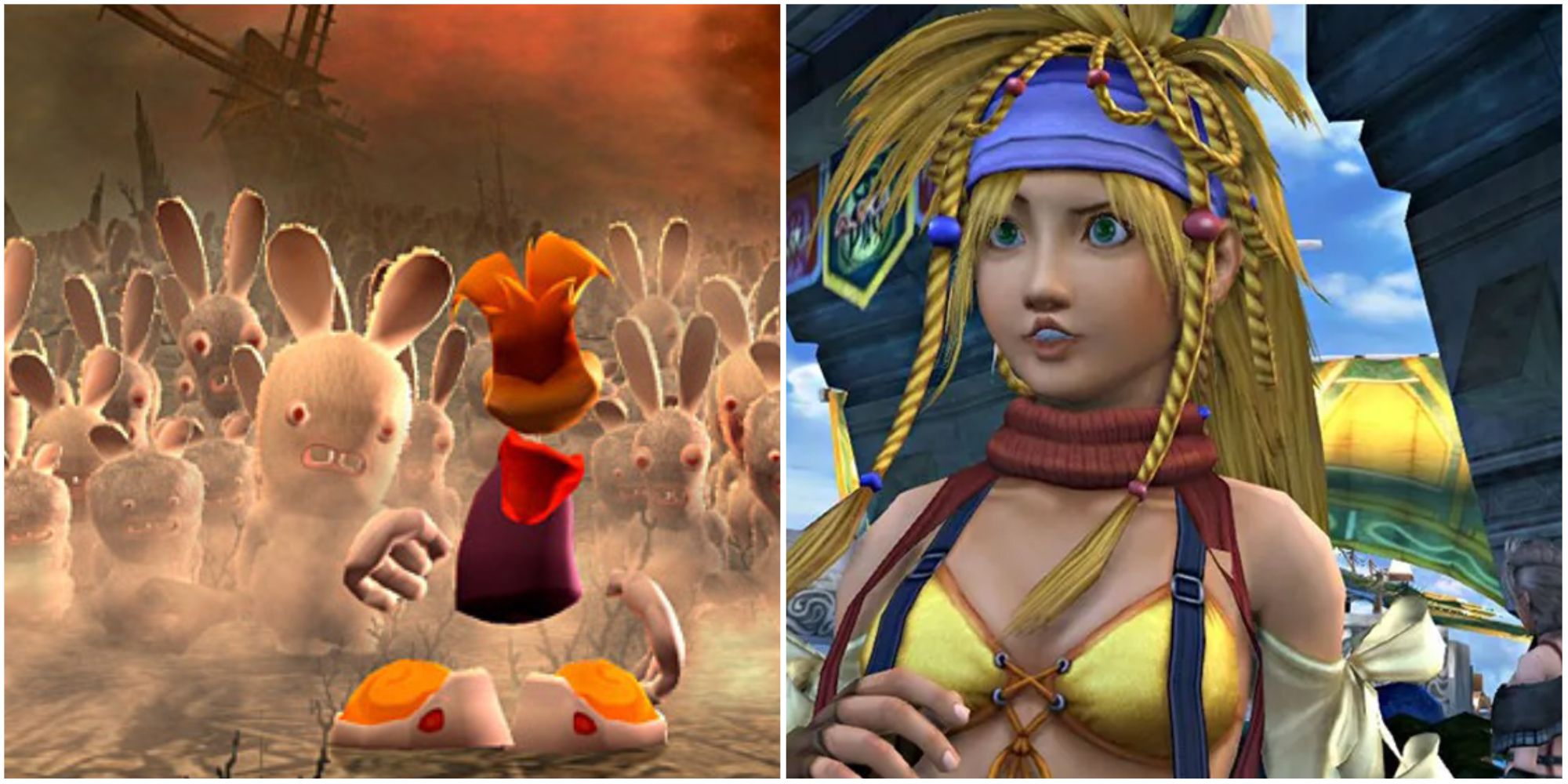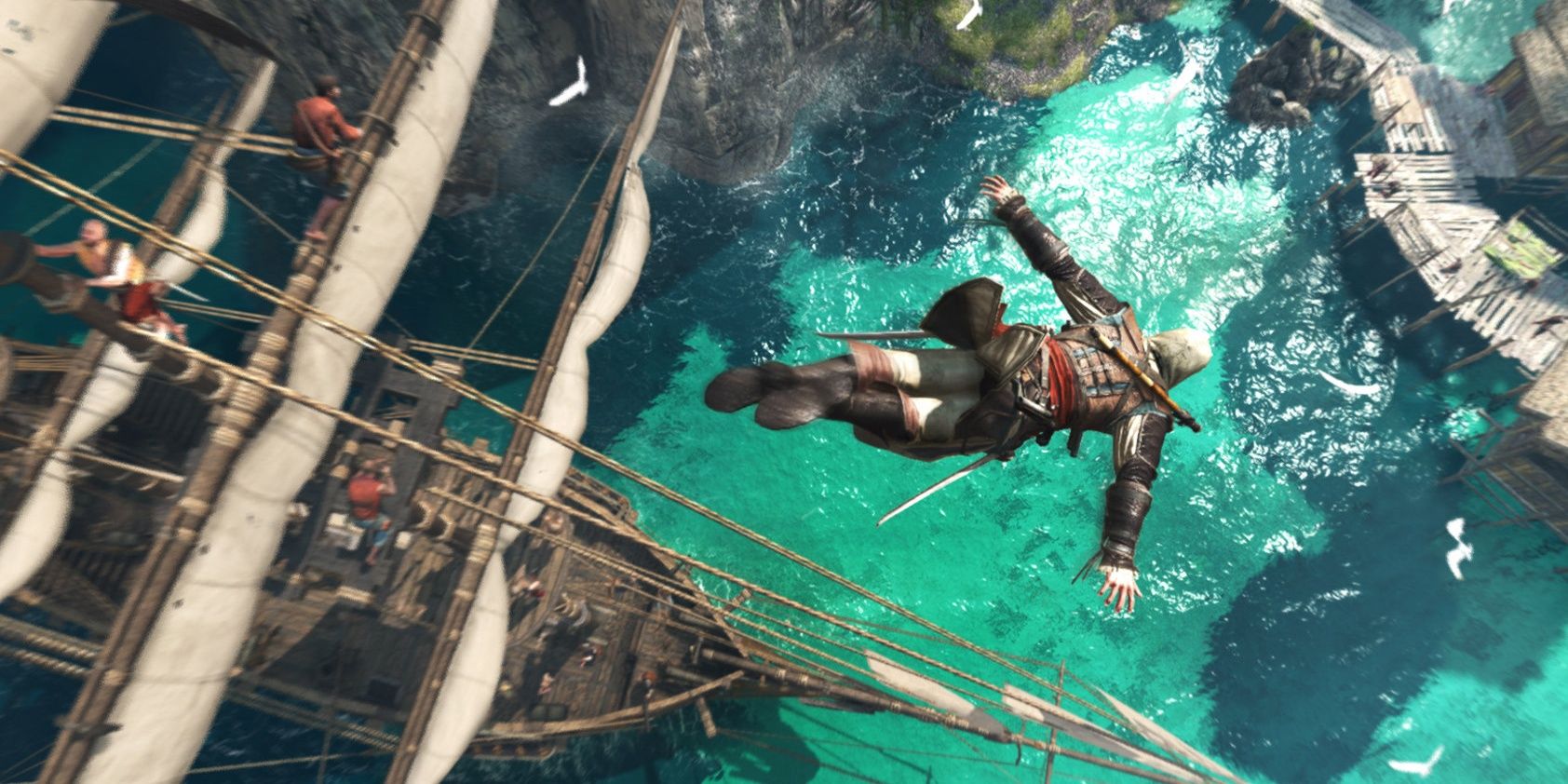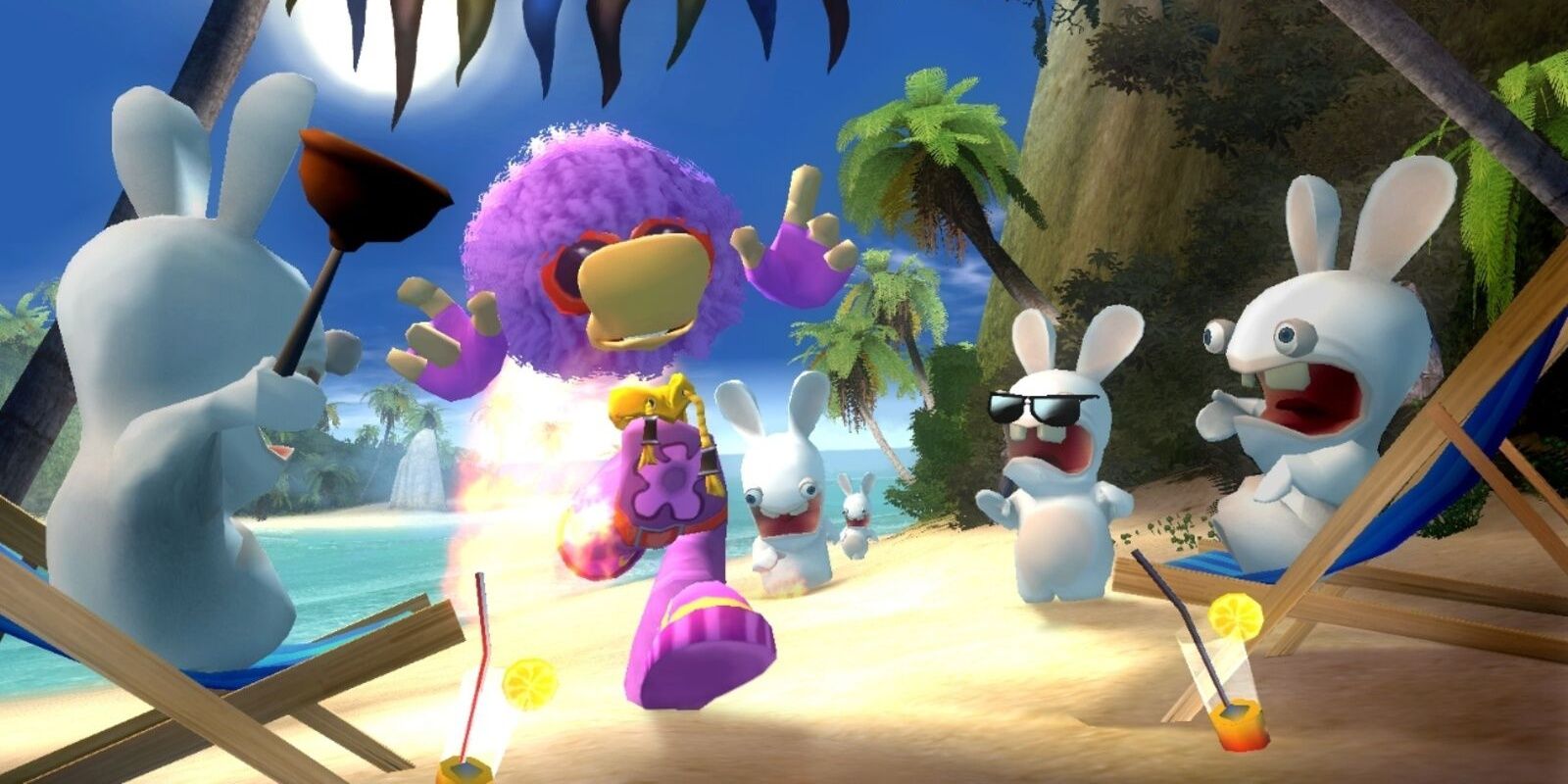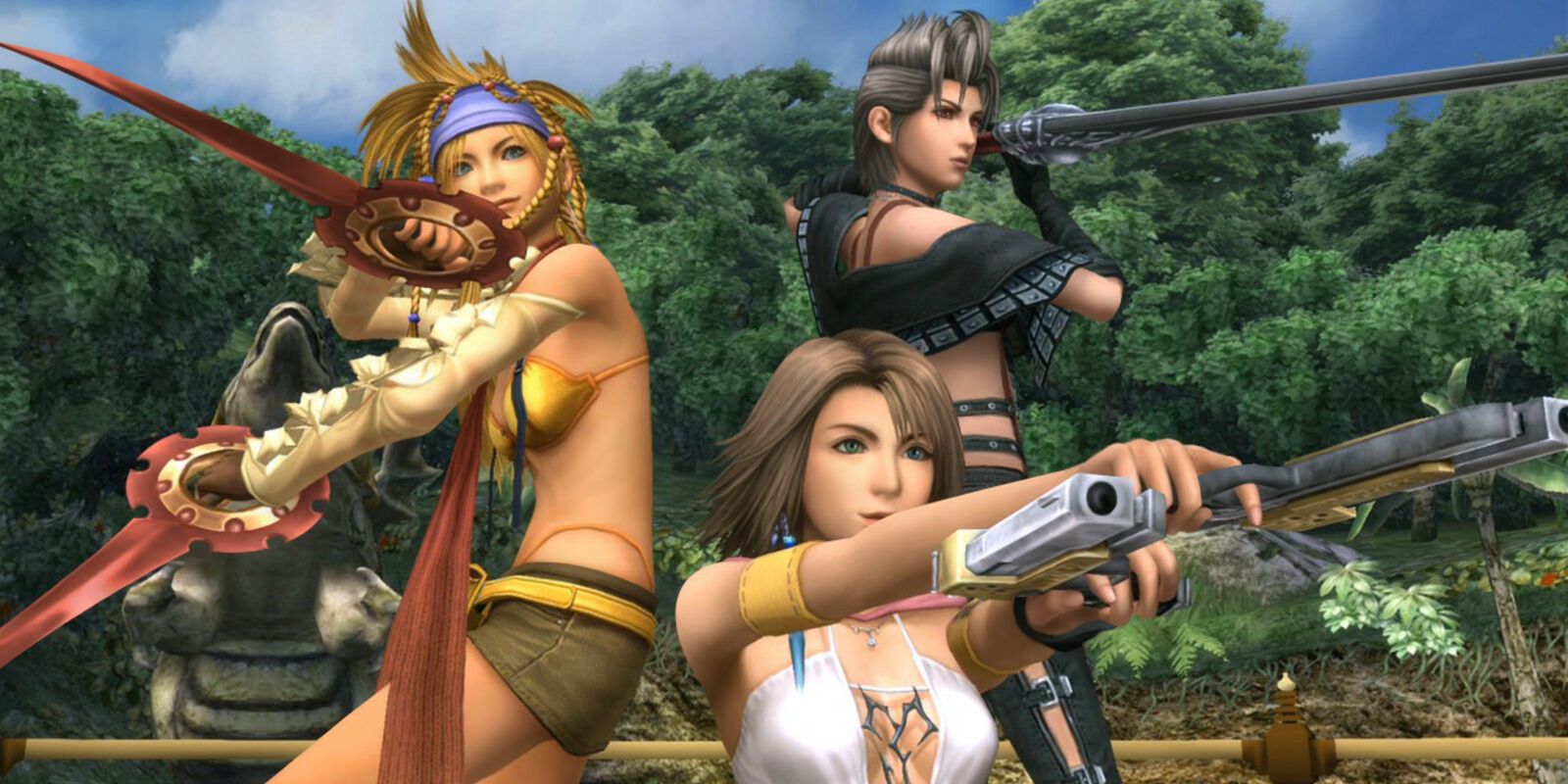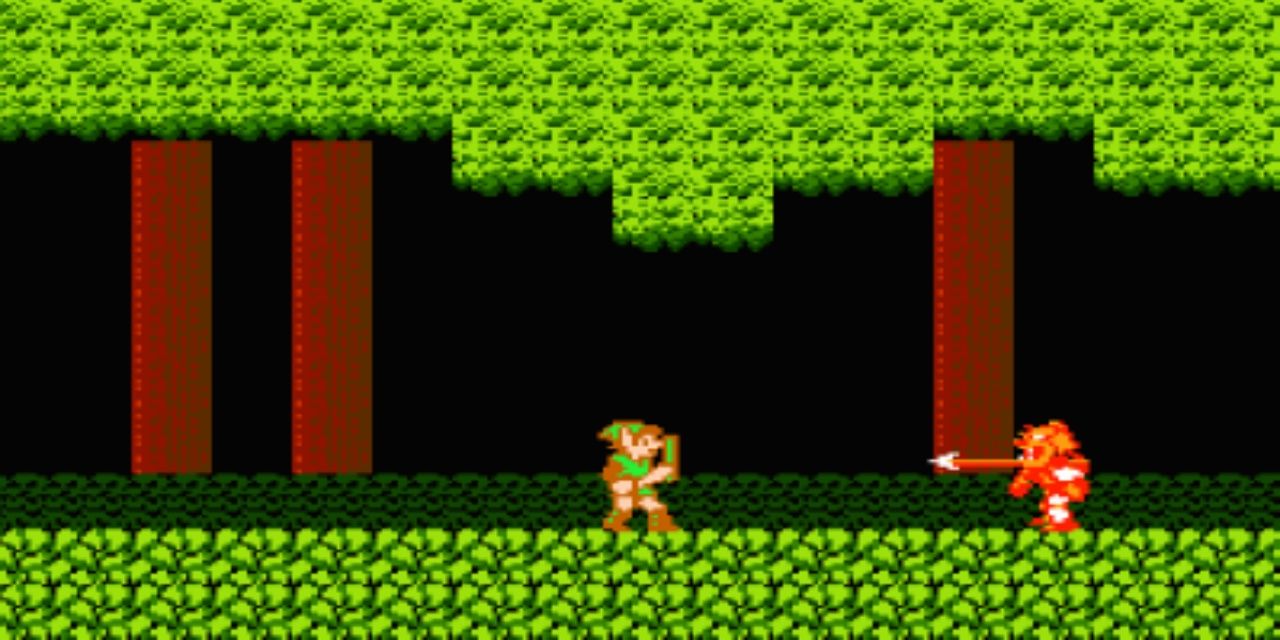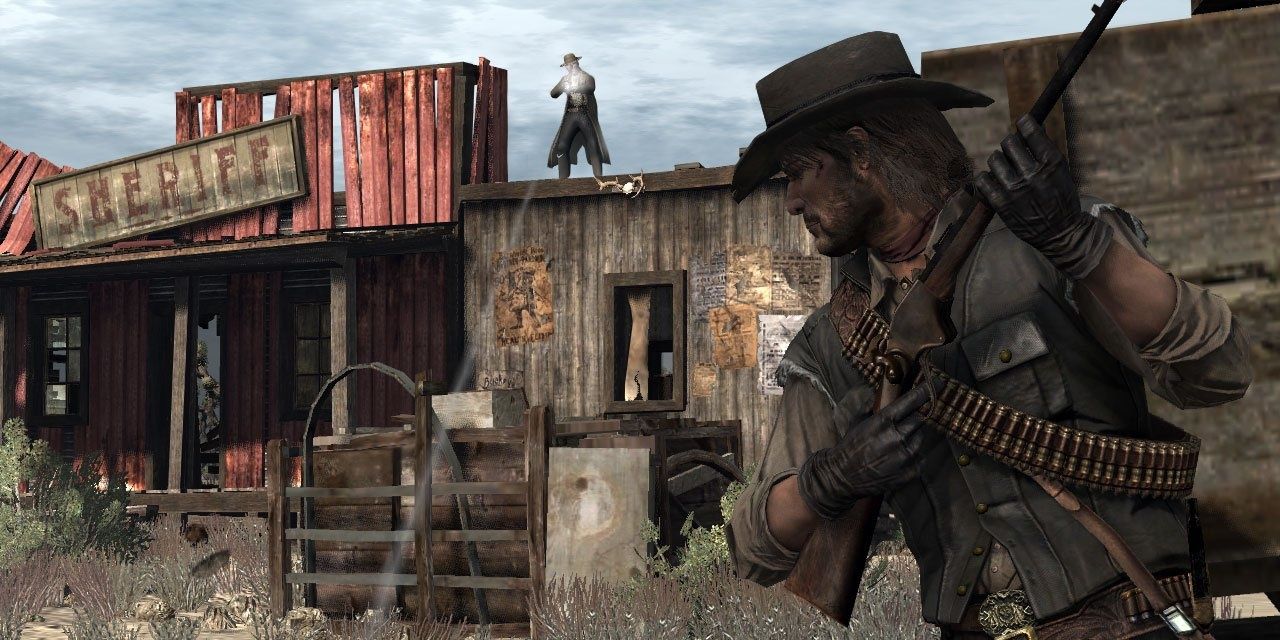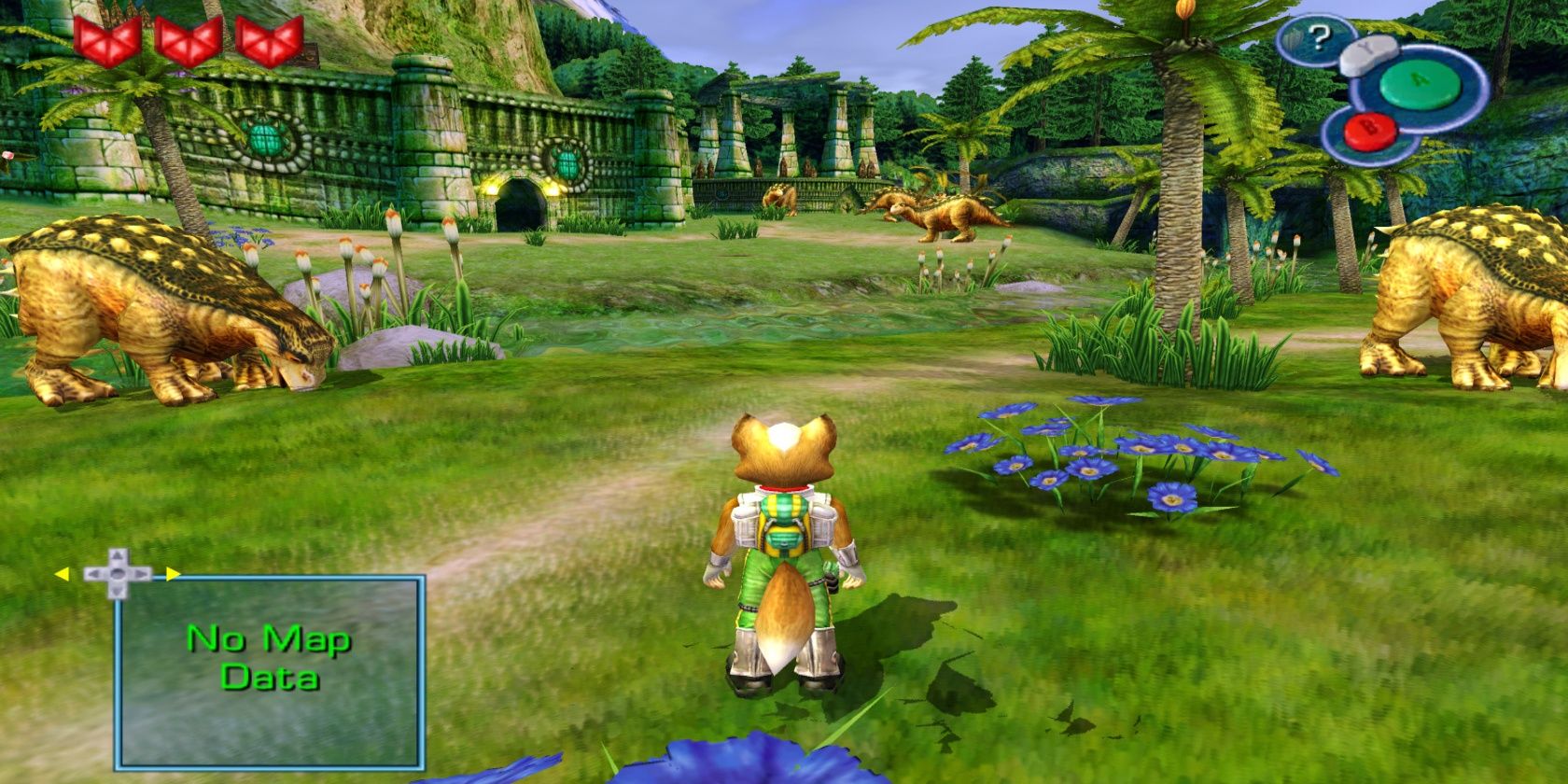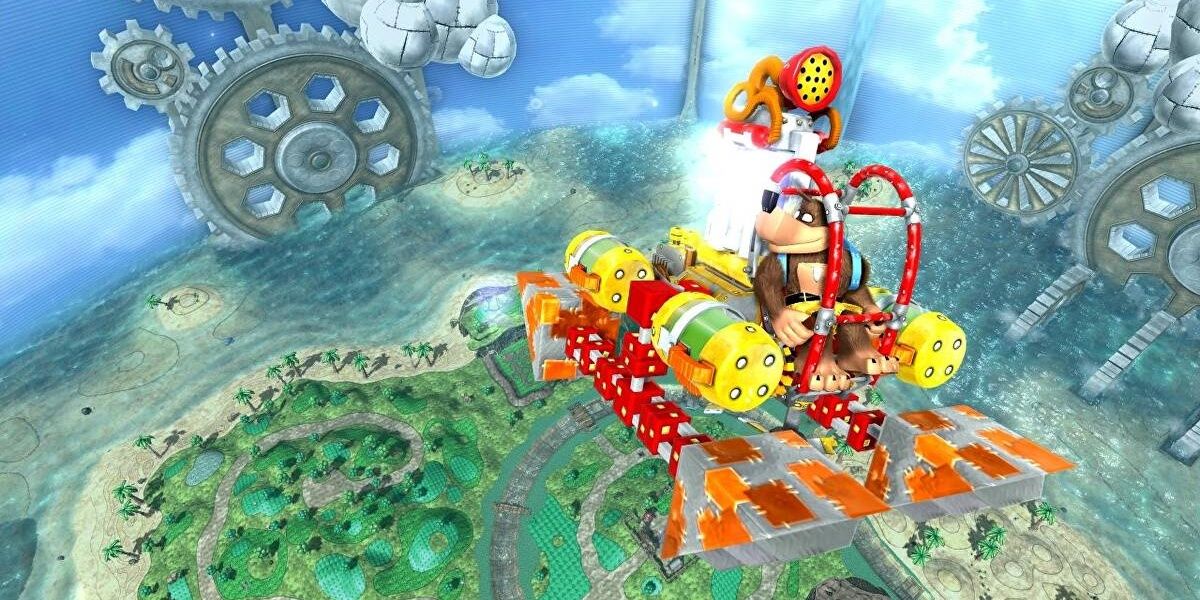Variety is the spice of life, and that also goes for video games. Developers often mix up the gameplay in sequels. This staves off repetition and helps the property stay fresh. However, there is such a thing as changing too much.
Creators sometimes go overboard with their additions. The games change so drastically that they become unrecognizable as the same series. At that point, they might have been better off crafting a new intellectual property, as their interest in the old one is clearly waning.
7 Assassin's Creed 4: Black Flag
This was a breath of fresh air which the Assassin's Creed series needed. Black Flag dials back the repetitive city settings and rudimentary stealth in favor of high-seas piracy. Players sail their own ship around the vibrant Caribbean, where they encounter epic naval battles and sweeping swordplay. That's why it's so jarring when Black Flag remembers it's an AC game.
The title periodically pulls players away from the pirate antics for the same tired conflict between Assassins and Templars. Worse, the stealth and platforming are more basic than any entry thus far. Amid such an annoying divide, fans will wish Ubisoft fully committed to a swashbuckling sim. As it stands, they're pulled in two directions, one of which is far more inspired than the other.
6 Rayman: Raving Rabbids
This began life as a traditional Rayman game, complete with heli-hair platforming and ranged fisticuffs. Instead of Robo-Pirates or Hoodlums, however, players would fight the Rabbids. Sadly, this devolved into a collection of minigames focusing less on adventure and more on the ridiculous antics of these deformed bunnies.
The resulting game spawned several sequels in the same style. These all place the annoying abominations front and center, with Rayman begrudgingly squeezed into the corner. At least the publishers eventually learned from this pattern and established the Rabbids as their own stars. They've even infiltratedMario and other big game franchises. If only they hadn't absorbed the limbless hero in the process. Because of them, fans didn't get a true continuation of the action platforming until Rayman: Origins.
5 Final Fantasy 10-2
Each mainline Final Fantasy game establishes its own universe, but the tenth entry was the first to get a direct sequel. That said, while it may share the world and characters, Final Fantasy 10-2 overhauls the style. It's an upbeat, cheesy affair where three heroines go on a glorified treasure hunt. Along the way, they combat a batch of silly villains with a reworked battle system based on dressing up in frilly outfits. As one can guess, it's all a complete farce and a far cry from the game's melodramatic predecessor.
Final Fantasy 10 is a religiously-charged tale where the diverse party forms the foundations for traditional, turn-based combat. The plot can be stupid and nonsensical, but never to the degree of the sequel. By comparison, 10-2 is like taking a shot of dopamine after watching too much harem anime.
4 Zelda 2: The Adventure Of Link
The original Legend of Zelda is a solid adventure all around. It's a top-down title which focuses less on thrills and more on exploration. Success often comes down to finding the right tool to traverse an obstacle or dispatch an enemy. The mechanics are simple, but they add up to a smash hit. That's why it's so shocking that Nintendo changes everything in the sequel.
The Adventure of Link is mainly a side-scroller emphasizing fast-paced sword fights, forcing fans to learn an entirely new skill set. Compounded with the extreme difficulty, the final product is more akin to Ghosts 'n Goblins. The developers might have been better off with a more mature IP like that if swapping to a combat-centric approach.
3 Red Dead Redemption
When the folks at Rockstar tried their hands at a sandbox western, they turned to a previous title for brand recognition. However, they only came in partway through Red Dead Revolver's development, and it shows. Although Red Dead Redemption keeps the Dead Eye shooting mechanic and a few spaghetti western motifs, its other aspects are entirely different. The characters are new; it swaps linear levels for an open world; it prioritizes story over set pieces. Although these are jarring, they pale in comparison to what's beneath the surface.
Red Dead Redemption and its own sequel are thematically opposites of their predecessor. Revolver embraces its romanticized western quirks, inviting players to get wrapped up in the cowboy fun. Redemption condemns these conventions. It shows how the outlaw mindset becomes corrupted and snuffed out, especially in the face of impending civilization. Such conflicting messages pull this whole franchise in two directions.
2 Star Fox Adventures
Dogfights define the Star Fox franchise. The series has always excelled at aerial combat. Players fly through chaotic circuits, wreaking havoc in their spacecrafts as they dodge enemies and obstacles. Star Fox Adventures throws all that out the window.
Instead, this odd entry grounds Fox for a platforming adventure. He battles prehistoric creatures and solves ancient puzzles. It feels like a different series, and that's because it is. The game began as a new IP called Dinosaur Planet. Perhaps it should have remained so. Though accomplished enough in itself, Adventures is not what fans want in a Star Fox title.
1 Banjo Kazooie: Nuts & Bolts
The first two Banjo Kazooie titles were pioneers of platforming collect-a-thons. On top of the self-assured charm of other mascots, they have the gameplay to back it up. The adorable heroes journey to various worlds and gather valuable items, thus unlocking more zones for even more gathering. It's standard, but it remains an engaging gameplay loop. Like other games of its kind, though, Banjo fizzled out in the 2000s.
That was until the developers attempted a revival, but the resulting game was practically unrecognizable. Nuts & Bolts has little to no platforming. It retains the collecting element, but the items found instead go into building vehicles. Why the game bears the Banjo name boggles the brain. The obvious reason would be branding, but the franchise was largely dormant at the time. Why bring it back yet ignore what people loved about it?

